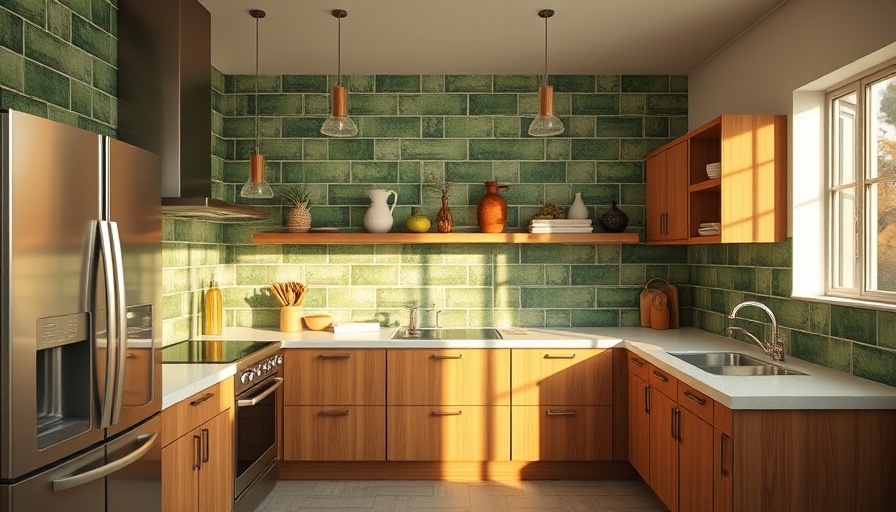
When Turning Off the Lights Really Matters
As a resident of Metro Vancouver, you might be asking yourself whether you should turn off the lights every time you leave a room. The answer lies beyond mere habit—it’s about understanding the balance of energy conservation and the technology behind our lighting systems.
Energy Consumption Insights
Many people are keen to conserve energy and reduce their electric bills, but it helps to know how much energy is actually wasted by leaving lights on. LED lights, which have become increasingly popular, consume significantly less energy than their incandescent counterparts. According to energy experts, leaving an LED light on for one hour costs you only a fraction compared to an incandescent bulb. For example, leaving a 10-watt LED bulb on for an hour may cost approximately $0.01, while a 60-watt incandescent bulb might cost around $0.14. So how significant is your contribution to energy waste when leaving that LED on for an extended period?
When Technology Matters
Consider smart lighting technology. If you have smart bulbs, you can control them remotely through your smartphone. This means that if you leave the house, you can easily turn off any lights you may have forgotten without taking a trip back. In this scenario, the system is designed to mitigate energy waste and fits into the hectic urban lifestyle in Vancouver. Understanding this technology benefits you as its user, while also contributing to environmental sustainability.
Creating Eco-Friendly Spaces
As British Columbians face unique challenges in urban living—especially with limited space—homeowners are looking for ways to maximize their space while being eco-conscious. Considering technologies that allow for automated lighting solutions not only helps lighten your carbon footprint but can also enhance the ambiance of your space. For instance, utilizing natural light to your advantage throughout the day can minimize the hours you need artificial light. You may opt for sheer curtains or skylights as part of your interior design strategy, making the most out of limited areas, considering that Vancouver's apartment market often constrains space.
Where Does Good Practice Come In?
Turning off lights regularly instills good habits and reflects a conscientious approach to energy use. However, it is crucial to assess usage adequately. For instance, if a room is being used intermittently throughout the day, leaving lights on could be more efficient than repeatedly turning them on and off if you're constantly in and out. The logic follows that the energy expended in turning a light on could exceed the energy saved by turning it off.
Final Thoughts
As we work towards becoming more sustainable in our energy consumption, the question of whether to turn off the lights can depend on various factors including technology efficiency and personal habits. In green-forward regions like Vancouver, it’s not just about turning off lights; it’s about considering all aspects of energy use—from smart solutions to fresh interior designs. Understanding the nuances of energy consumption informs smarter decisions for your living space while contributing positively to the environment.
 Add Row
Add Row  Add
Add 




Write A Comment